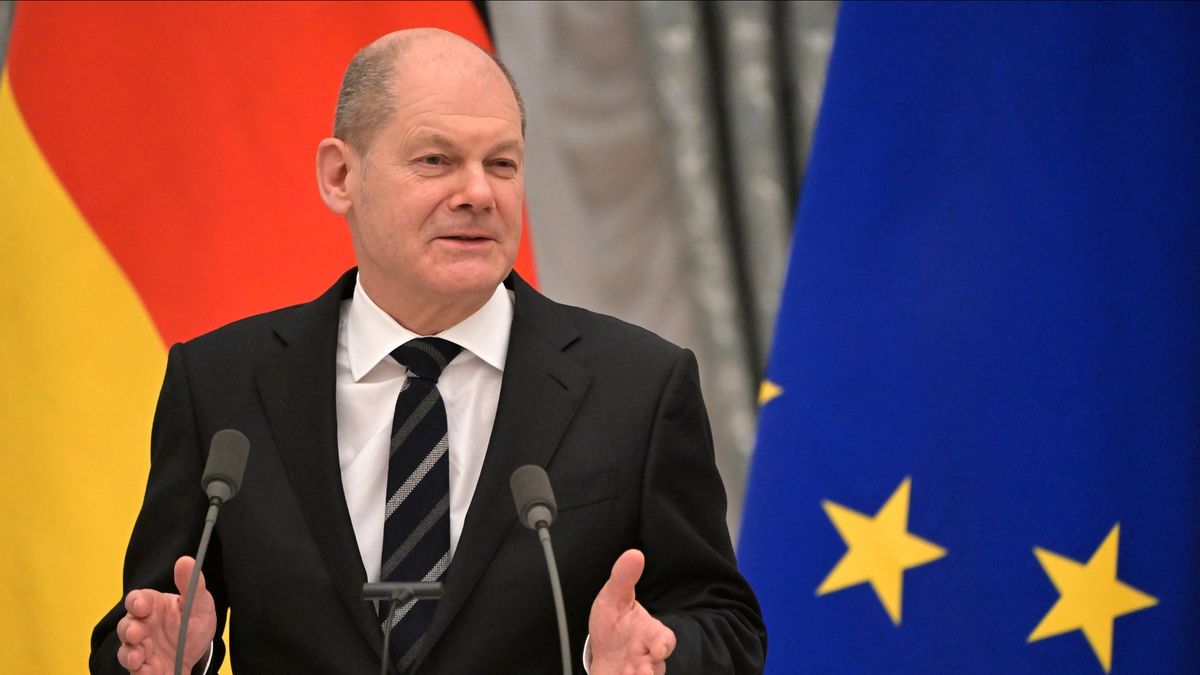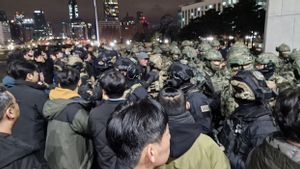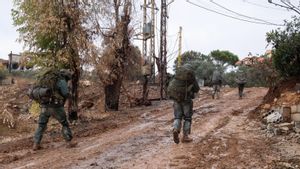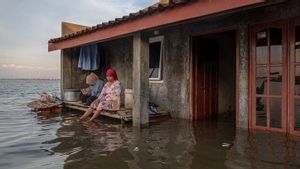JAKARTA - German Chancellor Olaf Scholz said on Tuesday he saw room for more diplomacy to prevent war between Russia and Ukraine, after four hours of talks with President Vladimir Putin, explaining he refused to view the situation as hopeless.
Chancellor Scholz's one-day trip following a visit to Kyiv on Monday is part of the West's efforts to try to prevent a possible attack as more than 100,000 Russian troops gather on the Ukrainian border.
"The diplomatic possibilities are far from exhausted," Chancellor Scholz said at a joint news conference with President Putin.
In a more positive tone than some other Western leaders, Chancellor Scholz said it was a good sign that some Russian troops were returning to base after exercises near Ukraine.
However, he was quickly added, he hopes that more troops will follow suit.
"It should be possible to find a solution. No matter how difficult and serious the situation is, I refuse to say it is hopeless," explained Chancellor Scholz.
Chancellor Scholz further acknowledged that long-term security in Europe can only be achieved together with Russia.
"For my generation, war in Europe is unimaginable. We have to make sure it stays that way," said Chancellor Scholz, who took office in December last year.
"It is our responsibility as leaders of countries and governments to prevent a military escalation in Europe," he stressed.
Chancellor Scholz, who has drawn criticism at home and abroad over Ukraine and has been vocal against Russia, also said that while NATO and the European Union disagreed with Russia's demands, there were several points that needed to be discussed.
During this meeting, the German Chancellor again chose to avoid saying he would end the Nord Stream 2 gas pipeline in the event of an invasion, only saying there would be consequences.
However, at a press conference, Chancellor Scholz voiced concerns about civil rights issues, including the closure of human rights group Memorial in December.
Interestingly, Chancellor Scholz and President Putin also exchanged views on NATO. President Putin criticized NATO, saying it had launched war in Europe by bombing the former Yugoslavia in 1999. Chancellor Scholz hit back, saying this was done to prevent genocide, a reference to the persecution of ethnic Albanians in Kosovo. And, President Putin chimed in, Russia considers the treatment of ethnic Russians in the Donbass region of eastern Ukraine a genocide.
The English, Chinese, Japanese, Arabic, and French versions are automatically generated by the AI. So there may still be inaccuracies in translating, please always see Indonesian as our main language. (system supported by DigitalSiber.id)












